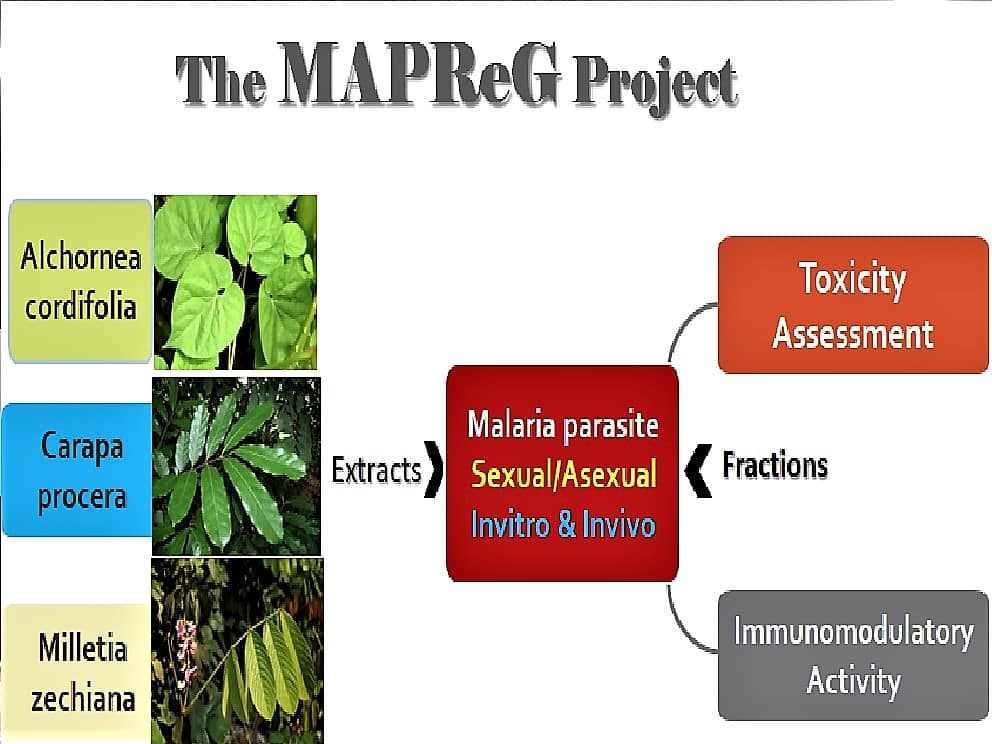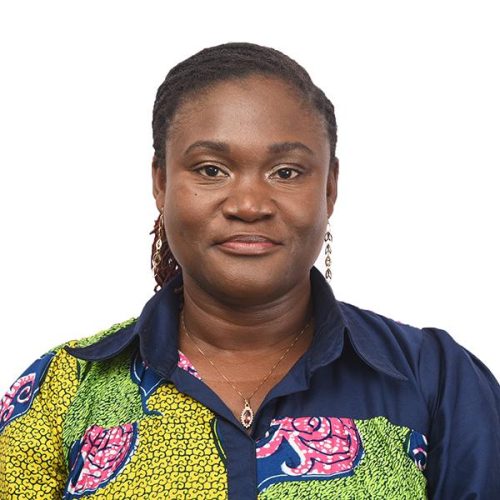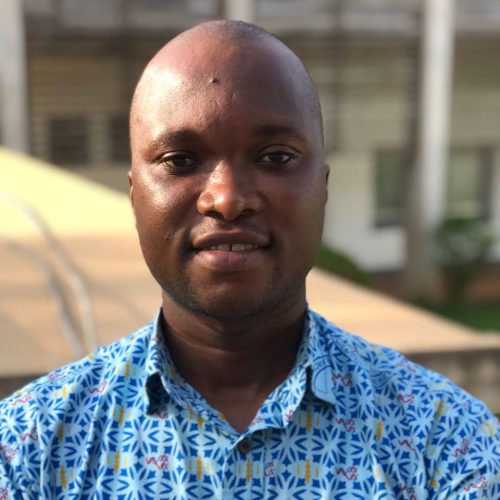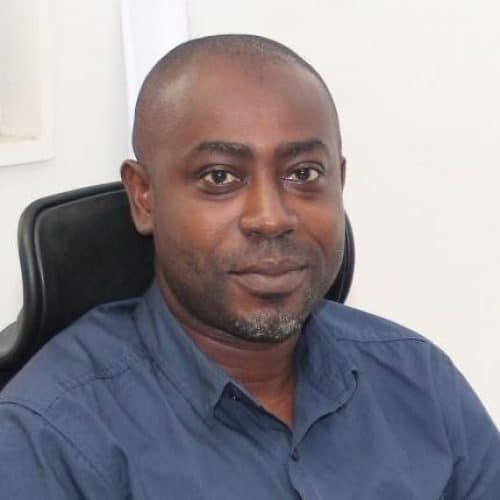Multi-Target Anti-Malaria Development from Medicinal Plants


Malaria remains a very important infectious disease of the tropics and every effort is being made to control the disease. The development of drug resistance and declining efficacy against most of the antimalarial drugs/combination in current clinical practice is a big challenge for the scientific community, and in the absence of an effective vaccine, the problem becomes worse. Current consensus is that malaria elimination would only be possible if the sexual stage parasite (gametocyte) is cleared along with the asexual parasite. Presently, only a few standard anti-malarial drugs, including artemisinin and primaquine, are able to kill some sexual stage parasites while most other drugs rather promote gametocyte development. Medicines derived from plants have been used to treat a myriad of diseases in many parts of the world for centuries. A large proportion of people living in developing countries resort to herbal medicines as their primary source of treatment for both infectious and non-communicable diseases. Artemisinin, an active compound derived from the plant Artemisia annua, is a component of ACTs for malaria treatment. Many other plant products are currently used for treatment of malaria in many African countries. Extracts from many plants have been reported to have potent anti-Plasmodium activity. The research focus was to evaluate the anti-malarial potential of the extracts of three commonly used Ghanaian medicinal plants (Alchornea cordifolia, Carapa procera, Milletia zechiana), perform a bioactivity-guided fractionation of the active extracts by testing individual and combined fractions against asexual and sexual stage parasites in vitro (P. falciparum) and in vivo (P. Berghei), assess the toxicological profile and the potential immunomodulatory activities of active fractions both in vitro and in murine models.
- Evaluation of the anti-malarial potential (bioactivity against asexual and sexual stage Plasmodium parasites) of the extracts.
- Perform a bioactivity-guided fractionation of the extracts, using different solvents, by testing individual and combined fractions.
- Conduct toxicological (acute and sub-acute) assessment of the fractions/combinations using murine models.
- Assessment of the potential immunomodulatory activities of active fractions both in vitro and in murine models.
Strong anti-malarial activity, deduced from the IC50 values <20 µg/ml, was observed for 9 out of 27 extracts. A. cordifolia extracts were more potent than C. procera extracts while Milletia zechiana showed no significant activity. The most active of all the extracts was the 100% ethanolic extract of A. cordifolia leaves with IC50 0.83 µg/ml compared to artesunate (IC50, 2.53 µg/ml). Fractionation improved activity for most of the extracts, with five fractions recording IC50 values below 10 µg/ml, the chloroform fraction, being the most active (IC50 0.20 µg/ml). GC-MS analysis of extracts and fractions with IC50 ≤ 20 µg/ml indicated hexadecenoic acid (14.61%) as the most abundant while LC-MS analysis showed eight or more components in each fraction and have very good therapeutic and immunomodulatory profiles with low toxicity.
- Mahama, A., Chama, M. A., Bekoe, E. O., Asare, G. A., Obeng-Kyeremeh, R., Amoah, D., ... & Adjei, S. (2022). Assessment of toxicity and anti-plasmodial activities of chloroform fractions of Carapa procera and Alchornea cordifolia in murine models. Frontiers in Pharmacology DOI:10.3389/fphar.2022.1077380



